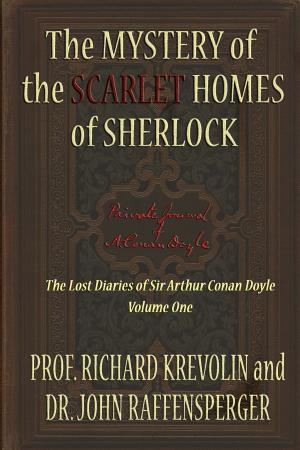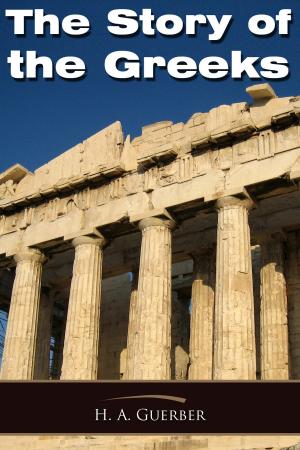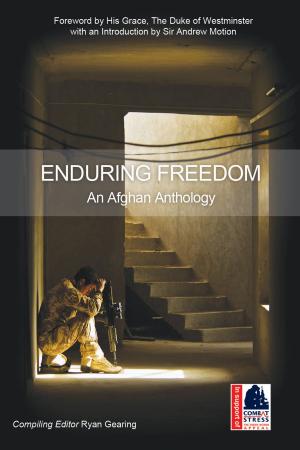| Author: | Tony Burns | ISBN: | 9781845406608 |
| Publisher: | Andrews UK | Publication: | December 22, 2016 |
| Imprint: | Imprint Academic | Language: | English |
| Author: | Tony Burns |
| ISBN: | 9781845406608 |
| Publisher: | Andrews UK |
| Publication: | December 22, 2016 |
| Imprint: | Imprint Academic |
| Language: | English |
Leo Strauss was a political philosopher who died in 1973 but came to came to prominent attention in the United States and also Britain around the beginning of the War in Iraq. Charges began emerging that architects of the war such as Paul Wolfowitz and large numbers of staff in the US State and Defense Departments had studied with, or been influenced by, the academic work of Strauss and his followers. A vague, but powerful, idea was generated in the popular press that a group known as the Straussians had been instrumental in the long-range strategic planning of American foreign policy, both to advance American interests and to encourage democratic revolutions outside the West.This volume of essays opens up the topic of Leo Strauss and the Straussians to those outside the relatively narrow circles who have been concerned with him and his followers up to now.
Leo Strauss was a political philosopher who died in 1973 but came to came to prominent attention in the United States and also Britain around the beginning of the War in Iraq. Charges began emerging that architects of the war such as Paul Wolfowitz and large numbers of staff in the US State and Defense Departments had studied with, or been influenced by, the academic work of Strauss and his followers. A vague, but powerful, idea was generated in the popular press that a group known as the Straussians had been instrumental in the long-range strategic planning of American foreign policy, both to advance American interests and to encourage democratic revolutions outside the West.This volume of essays opens up the topic of Leo Strauss and the Straussians to those outside the relatively narrow circles who have been concerned with him and his followers up to now.















